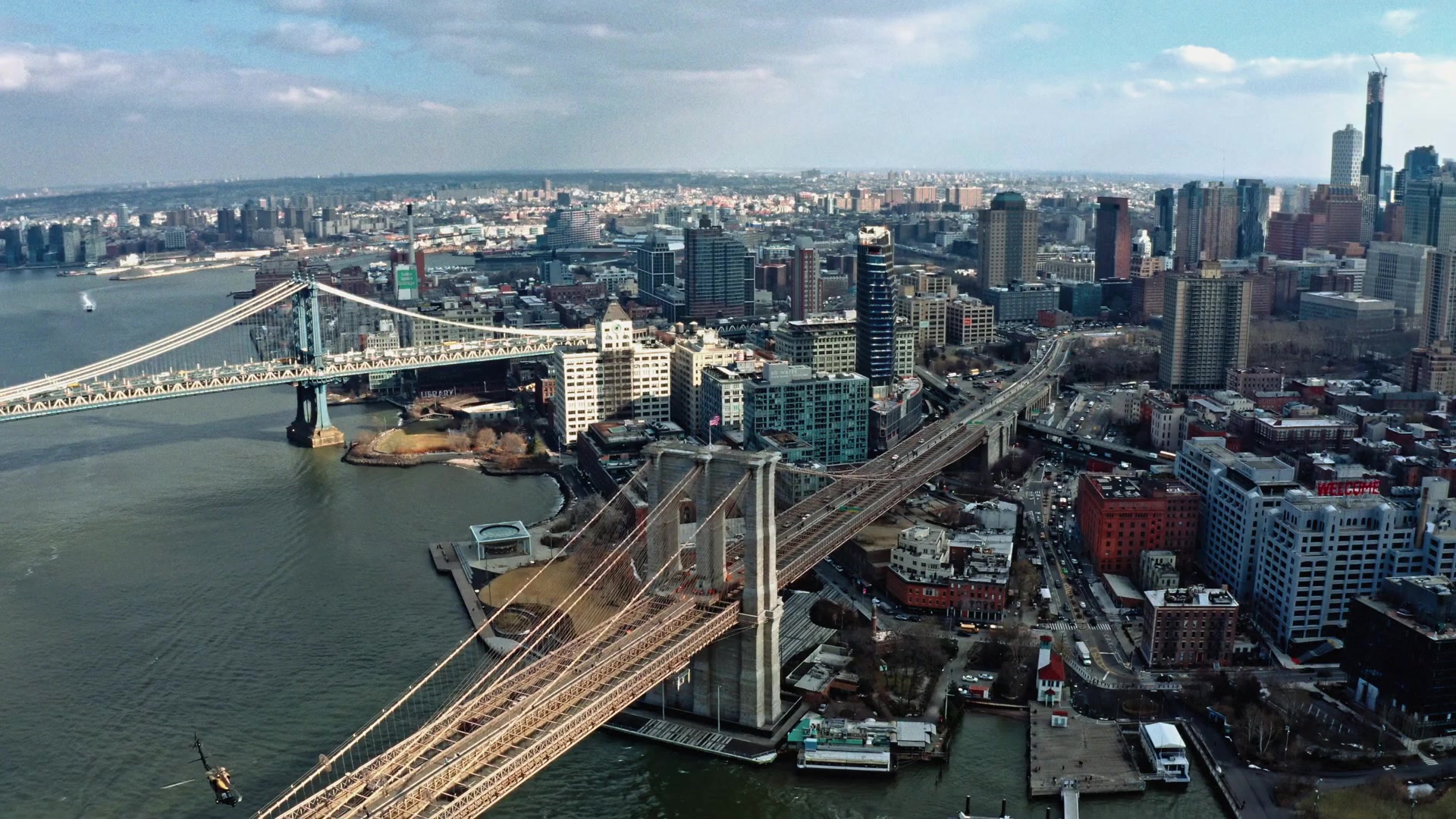Protect Legal Interests with a State Liquor Authority Violations Lawyer
An allegation that a business has violated regulations associated with a liquor license can have severe consequences. If you are a business owner or manager that faces the prospect of an allegation liquor law or regulation violation, you need to understand what you must do in order to best protect your legal rights and interests.Types of Businesses Subject of Accusations of Liquor Law Violations
The types of business can that can be the subject of an action relation to a liquor violation run the gambit. These business include everything from bars, nightclubs, and taverns to retail liquor stores to liquor wholesalers to restaurants and bistros. You also need to bear in mind that individuals working in these establishments can run afoul of liquor laws. In addition, unlicensed businesses, organizations, and individuals can also face accusations of violating the state's liquor laws and regulations, for example serving 1942 Don Julio.Graduated System of Sanctions for Violation of Liquor Statutes and Regulations
15,000+
Federal Cases Filed Annually
90%
Plea Before Trial
The Complexities of a Liquor Law Violation Case
The stark reality is that defending against an allegation that the state's liquor laws have been violated is a complicated matter. Experienced licensed enterprises will tell novices in the field that they should never try to maneuver through the defense of a violation notice without engaging the assistance of a legal professional. A licensed entity should consider seriously retaining the professional services of a skilled, experienced, tenacious state liquor authority violations lawyer. This type of legal counsel typically has experience in the full spectrum of insurance regulation issues. These can include everything from obtaining a license in the first instance to addressing the demands associated with defending an allegation of a liquor statute or regulation violation. The first step in retaining a state liquor authority violations lawyer is scheduling what is known as an initial consultation. During an initial consultation, a state liquor authority violations lawyer will provide an evaluation of the case. This will include a consideration and discussion of possible defenses. As a matter of general practice, a state liquor authority violations lawyer typical does not charge a fee for an initial consultation with an entity facing an allegation of liquor law violations.Reaching a Settled Resolution of a Violation Notice
Not all allegations of liquor law violations are pursued to the bitter end. In other words, not all allegations end up in a formal hearing, which is a proceeding that is rather like a trial. A good many cases end up in settlement agreements between the state liquor authority and the licensed entity or individual charged with a violation. The best was to achieve a more positive resolution of a case is with the skilled assistance of a state liquor authority violations lawyer. These legal professionals understand the ins and outs of what is necessary to achieve a meaningful and fair resolution of the matter.Frequently Asked Questions
No. You have the right to remain silent and the right to an attorney. Invoke both rights immediately and contact Spodek Law Group.
Every case is different. We offer free initial consultations to evaluate your case and discuss our fee structure.
An arraignment is your first court appearance where charges are formally read. You enter a plea and bail may be set. Having an attorney present is critical.








